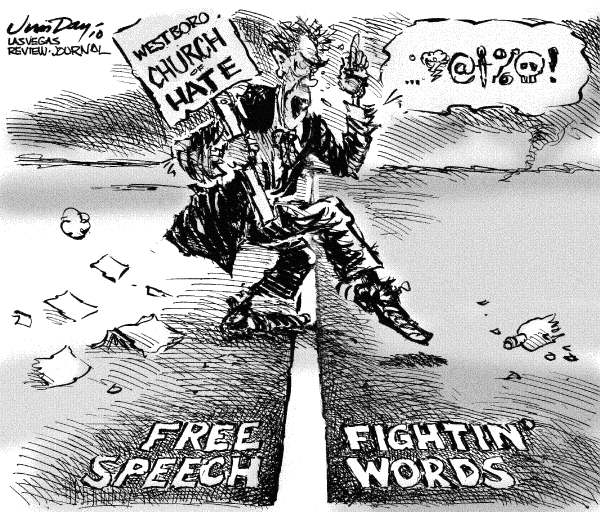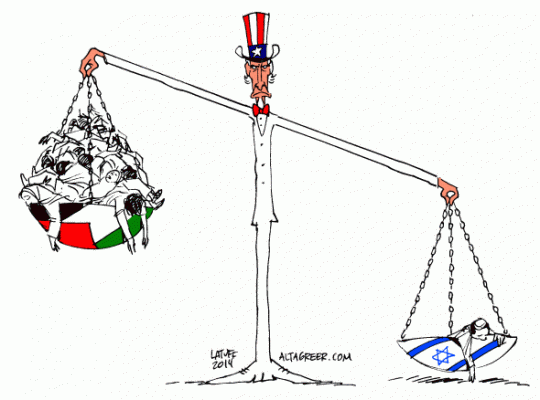This year’s Australian Open started fairly well for those interested in the place of women in sport.
First, the mixed commentary teams for both men’s and women’s matches was a refreshing change from the usual arrangement where men can comment on women’s sport, but not the other way around.
Then, Heather Watson broke one of women’s sport’s taboos by discussing how symptoms of her period had affected her game. The very real physical effects of menstruation, including severe pain for some female athletes, is a challenge rarely recognised.
Related: Eugenie Bouchard happy to twirl if men flex muscles at Australian Open
But the relief was short-lived. On Wednesday, commentator Ian Cohen, interviewing Eugenie Bouchard, asked her to twirl to show off her outfit. Bouchard complied, and those two steps forward for women’s sport were overshadowed by one big step back.
Cohen’s request was entirely inappropriate and unacceptable from a professional sports journalist. It denied Bouchard the respect she deserves as a professional athlete, instead treating her like a little girl.
The incident encapsulated many of the ways female athletes are treated differently to their male counterparts.
The preoccupation with the way female athletes look – both their physical attractiveness and what they wear – is part of the way women’s sport is treated differently to men’s sport. Where male athletes are judged primarily on their physical prowess, female athletes are expected to be powerful and feminine simultaneously. It treats female athletes as quaint curiosities rather than serious athletes.
In post-match interviews, male athletes are usually asked about their game and their opponent, not their outfits. In contrast, female athletes are expected to be able to act in ways that are seen as being feminine, including talking about their clothes, their love life and even, in Bouchard’s case, her fondness for Justin Bieber. It is one of the ways in which a clear distinction is drawn between female and male athletes.
By focusing attention on issues other than the match itself, these conversations contribute to the way women’s sport is trivialised.
Physical appearance is also a far more significant part of the way female athletes are talked about and promoted compared to their male peers.
For athletes like Bouchard and Maria Sharapova, this is a double-edged sword: because they represent some of the western ideals of beauty, they have the opportunity to earn substantially more money in endorsements than some of their equally successful peers. The trade-off, though, is that their on-court success is often secondary to this.
The focus on female athletes’ appearance is part of the reason Cohen’s request was so inappropriate. It was also unacceptable because it perpetuates the idea of female bodies as public property.
The idea that women’s bodies are often treated as public property is not a new one, nor is it something only experienced by female athletes. Any woman who has been told by a stranger to smile or that their butt looks big or that they have great legs as they walk down the street has experienced this phenomenon.
Like street harassment and body shaming, asking Bouchard to twirl was a subtle reminder that female bodies are something to be enjoyed and commented on by others.
By acquiescing to the request and playing along, Bouchard does share some responsibility in this.
Yes, she is young and is still learning how to deal with the media, but that is not an excuse granted to her male counterparts.
Nick Kyrgios received a substantial wave of criticism this week for the way he responded to what was a fairly silly question in a post-match interview. He was called arrogant and cocky. Even thought he is younger than Bouchard, the public expect him to know how to handle media in a way they simply don’t for Bouchard.
These lower expectations for female athletes are yet another way women’s sport is treated as inferior to men’s sport.
We should expect better from journalists. Cohen’s performance is surely enough to show he’s not the right person for the job.
But we should also expect more from female athletes than playing along.
What a powerful statement about the seriousness of women’s sport it would be for athletes to say “no” when they are asked ridiculous and belittling questions: no, I will not twirl. No, I will not tell you who made my outfit. No, I will not discuss my love life.
Female athletes deserve better than to have their sports treated as a novelty sideshow. While some slow progress is encouraging, it seems that for every two steps forward, there’s one step back.
Article from : http://www.theguardian.com/commentisfree/2015/jan/23/no-i-wont-twirl-what-eugenie-bouchard-should-have-said






 RSS Feed
RSS Feed
